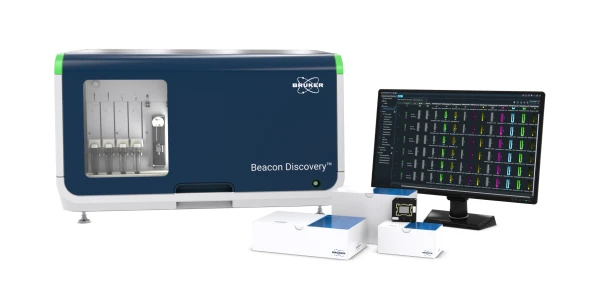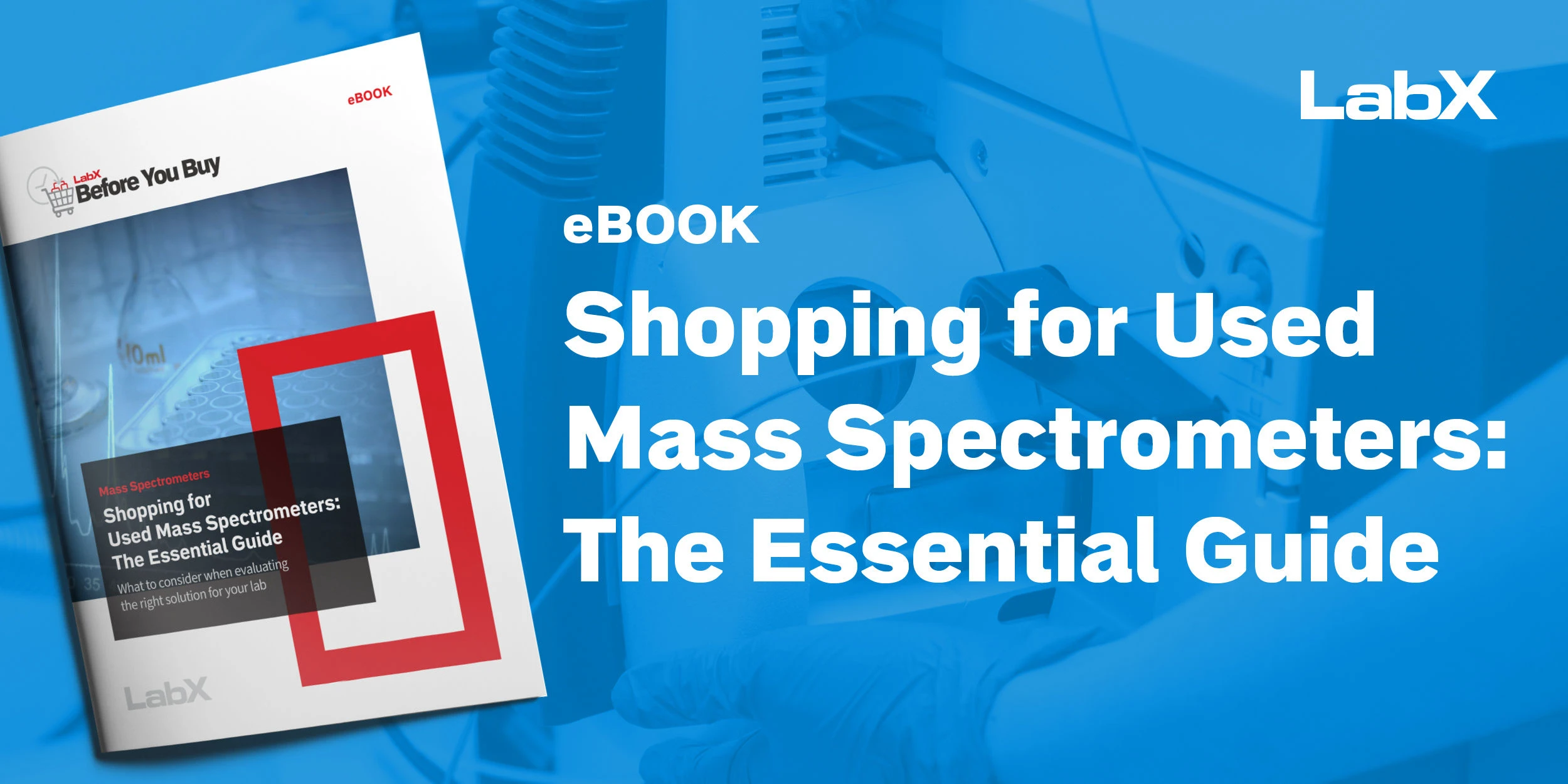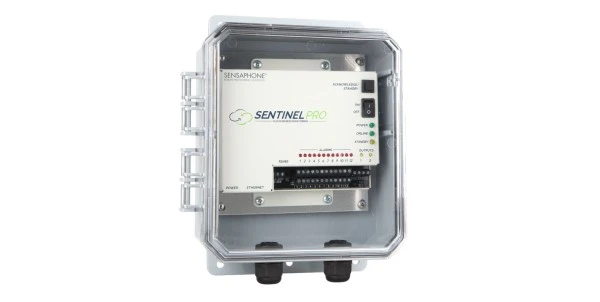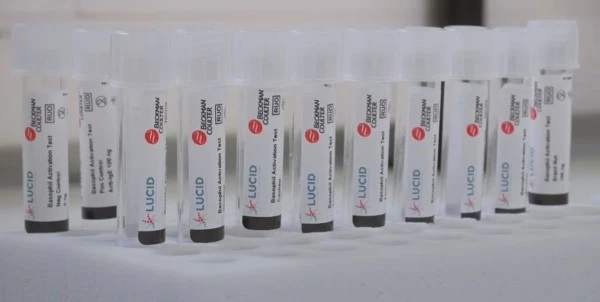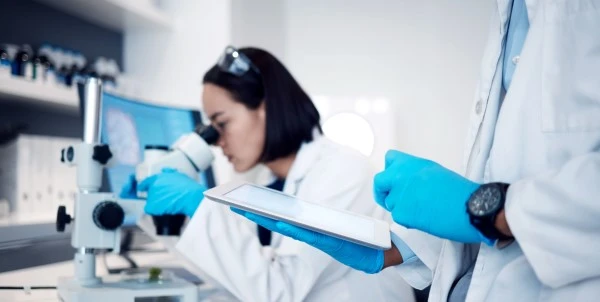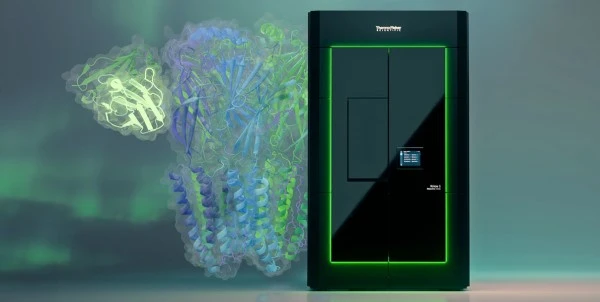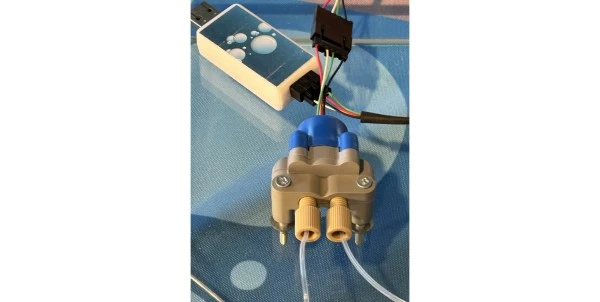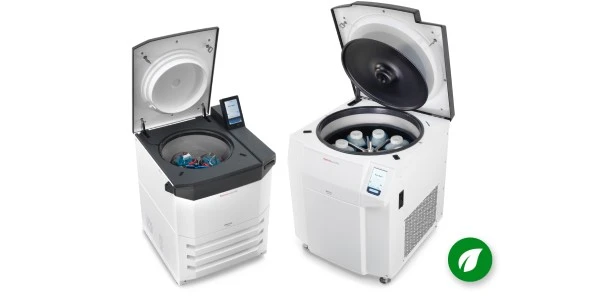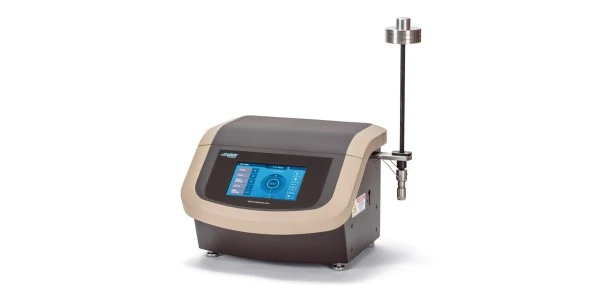The Best Laboratory Animal Care Equipment: A Buyer's Guide to Price and Features
Ensuring the welfare of laboratory animals is essential for ethical research practices and obtaining reliable scientific data. Proper animal care equipment is vital for maintaining a controlled and humane environment, providing the necessary care, monitoring, and housing for research animals. Choosing the right equipment involves considering factors such as animal welfare, hygiene, and efficiency. This guide provides an overview of different types of laboratory animal care equipment, key features to consider, and a price guide to help you make an informed decision. Animal cages and housing systems are essential for providing a safe and comfortable environment for laboratory animals. These systems come in various sizes and materials, such as stainless steel, plastic, or polycarbonate. Ventilated racks, individually ventilated cages (IVCs), and micro-isolator cages offer enhanced environmental control and reduce the risk of cross-contamination. Applications: Housing for rodents, rabbits, and other small animals in research facilities. Bedding dispensers and disposal systems are used to automate the process of bedding replacement in animal cages. These systems ensure a clean and hygienic environment by efficiently dispensing fresh bedding and removing soiled bedding. They help maintain a sanitary environment and reduce labor costs. Applications: Routine cage cleaning and bedding replacement in animal research facilities. Animal enrichment devices provide physical and mental stimulation for laboratory animals, promoting natural behaviors and improving their well-being. These devices include items such as exercise wheels, chew toys, nesting materials, and puzzle feeders. Enrichment devices are crucial for reducing stress and enhancing the welfare of research animals. Applications: Behavioral research, improving animal welfare, and reducing stress in lab animals. Cage washers and sanitizers are specialized equipment for cleaning and sanitizing animal cages, water bottles, and other accessories. These machines use high-temperature water and detergents to thoroughly clean and disinfect cages, ensuring a sterile environment. They are essential for maintaining hygiene and preventing disease transmission. Applications: Cleaning and sterilizing animal cages and accessories in research labs. Environmental monitoring systems are used to monitor and control the conditions within animal housing facilities, including temperature, humidity, light, and air quality. These systems ensure that the environment meets the specific needs of different animal species, providing optimal living conditions and minimizing stress. Applications: Monitoring and controlling environmental conditions in animal research facilities. Animal weighing scales and restrainers are used to monitor the health and growth of laboratory animals. Scales provide accurate weight measurements, while restrainers help safely hold animals during procedures. These tools are essential for routine health checks, dosing, and data collection in research studies. Applications: Health monitoring, dosing, and data collection in animal research. Ensure that the equipment is designed with animal welfare in mind. Cages and housing systems should provide ample space, ventilation, and access to food and water. Enrichment devices should promote natural behaviors and reduce stress. Choose equipment that enhances the comfort and well-being of research animals. Hygiene is critical in preventing disease transmission and ensuring a healthy environment for laboratory animals. Select equipment that is easy to clean and sterilize, such as cage washers and sanitizers. Automated bedding dispensers and disposal systems help maintain cleanliness and reduce labor. Durable materials, such as stainless steel and high-quality plastics, ensure the longevity of animal care equipment. Choose products that are resistant to corrosion, wear, and damage, ensuring they can withstand the demands of daily use in a research facility. Automation features can significantly enhance efficiency and reduce labor costs. Automated cage washing, bedding replacement, and environmental monitoring systems streamline routine tasks, allowing staff to focus on other essential activities. Flexibility is important for accommodating different species and research needs. Look for equipment that can be customized or adjusted to fit various animal types and research protocols. Modular systems and adaptable housing options provide versatility for changing research requirements. Safety is paramount when handling laboratory animals. Ensure that all equipment meets regulatory standards and guidelines for animal care. Equipment should be designed to minimize the risk of injury to both animals and personnel, with features such as smooth surfaces, secure latches, and easy access. Selecting the best laboratory animal care equipment involves considering factors such as animal welfare, hygiene, durability, and automation. By choosing high-quality equipment that meets the specific needs of your research animals, you can ensure their well-being and enhance the efficiency and reliability of your laboratory studies. For more detailed specifications or to view models, visit LabX.com to browse products and gain additional insights to help in making the best choice for your lab's needs.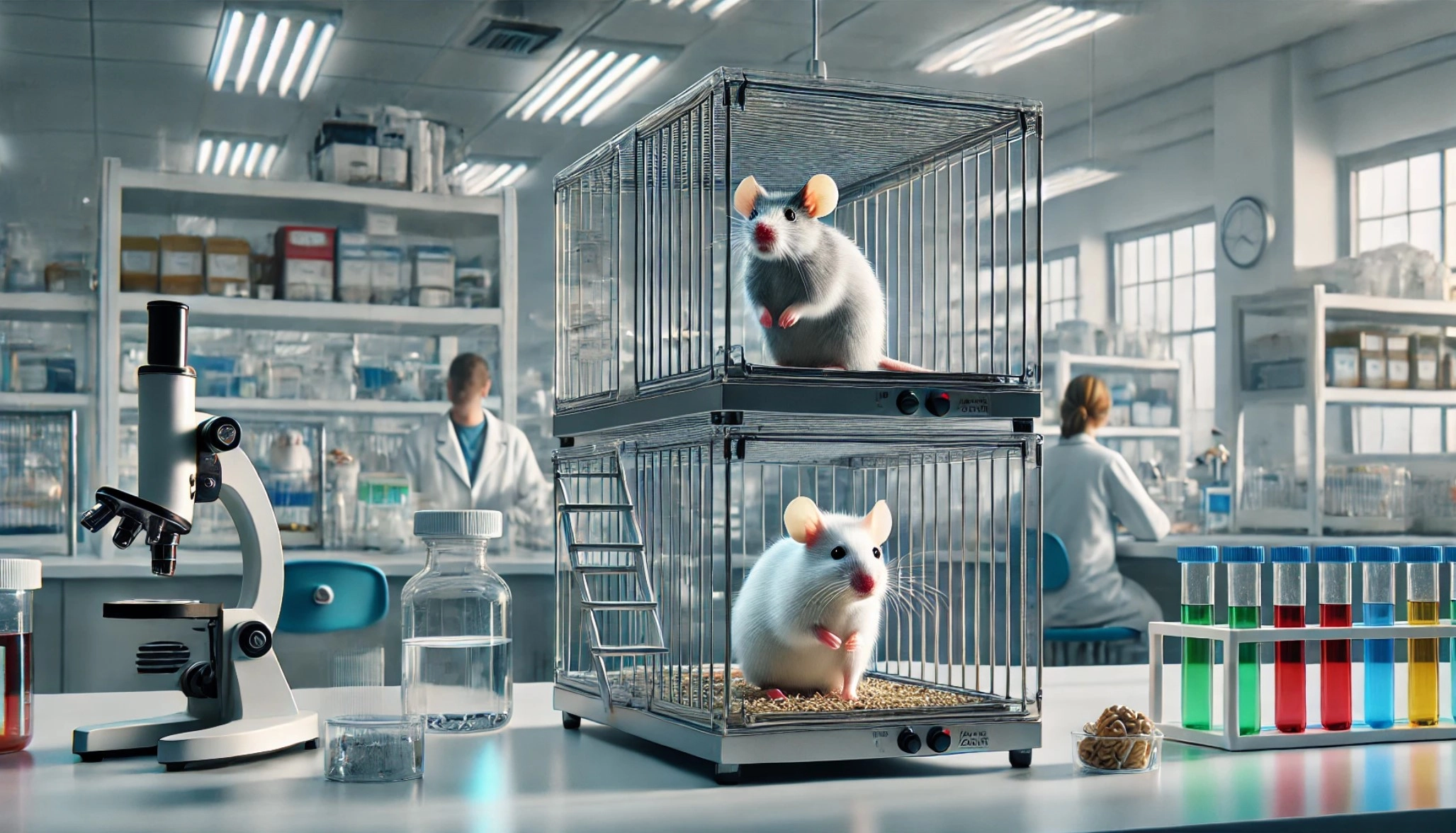
Animal Welfare, Hygiene, and Efficiency are Key Considerations to Find the Best Laboratory Animal Care Equipment at the Best Price
Types of Laboratory Animal Care Equipment
1. Animal Cages and Housing Systems
2. Bedding Dispensers and Disposal Systems
3. Animal Enrichment Devices
4. Cage Washers and Sanitizers
5. Environmental Monitoring Systems
6. Animal Weighing Scales and Restrainers
Key Features to Consider When Buying Laboratory Animal Care Equipment
1. Animal Welfare and Comfort
2. Hygiene and Sanitation
3. Durability and Materials
4. Automation and Efficiency
5. Flexibility and Customization
6. Safety and Compliance
Laboratory Animal Care Equipment Price Guide
View all Laboratory Animal Care Equipment Listings on LabX.com
